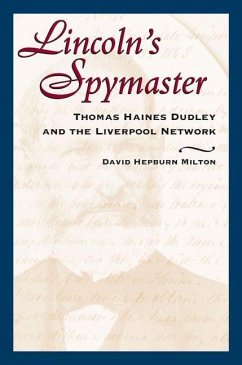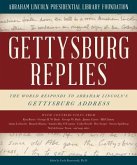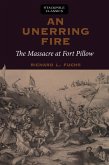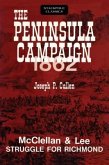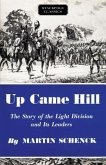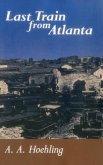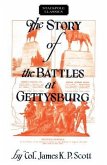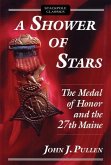The Civil War conjures images of blood-soaked battlefields in the United States. Few are aware of the equally important diplomatic and intelligence contest that raged between the North and South in Europe. While the Confederacy quickly sought the approval of Great Britain as a strategic ally, the Union utilized diplomacy and espionage to avert both the construction of a Confederate navy and the threat of war with England. At the forefront of the international fray was Thomas Haines Dudley, the American Consul in Liverpool, and ¿the father of modern American intelligence.¿ As the Confederates determined to utilize British shipyards, Dudley swiftly established a network of agents throughout England to report on enemy activities. Neither a blockade runner nor a warship secretly under production escaped Dudley¿s scrutiny.Author David Hepburn Milton expertly tells the story of the historically neglected Thomas Haines Dudley and his web of agents. Lincoln¿s Spymaster documents the victorious combination of Northe
Hinweis: Dieser Artikel kann nur an eine deutsche Lieferadresse ausgeliefert werden.
Hinweis: Dieser Artikel kann nur an eine deutsche Lieferadresse ausgeliefert werden.

